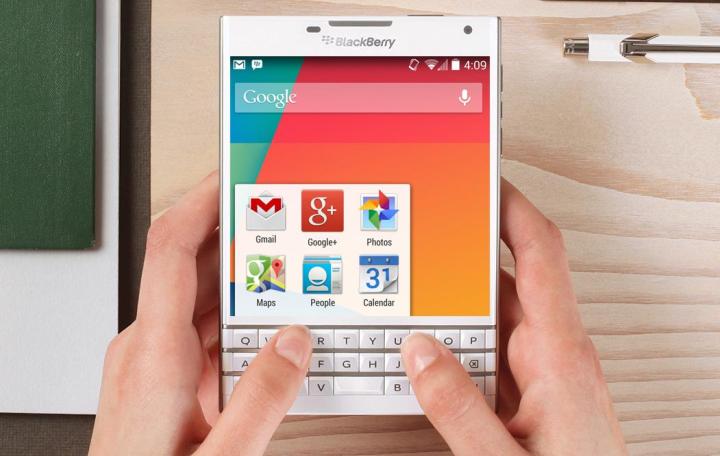
The move, which some observers might say comes five years too late for the company, could be seen as a final roll of the dice for BlackBerry in its efforts to kickstart sales of its once hugely popular handsets.
Unnamed sources with knowledge of the situation told Reuters that the Canadian company believes an Android phone, which may arrive in the fall, could ultimately help to boost its BES12 device management business, a key part of its multi-pronged strategy aimed at restoring the company’s fortunes.
Launching an Android phone, the sources said, would demonstrate to businesses that devices other than BlackBerry’s own BB10 handsets are able to work securely and efficiently with BES12.
Sliding keyboard?
A reasonably priced Android touchscreen device with BlackBerry’s iconic physical keyboard could also help to win back a portion of consumers who ditched BlackBerry for Google’s rival OS. Reuters report even goes so far as to suggest that BlackBerry’s first
In a statement, BlackBerry said it remained committed to its BB10 mobile operating system, suggesting any new Android device would be sold alongside its existing offerings. Not surprisingly, the company is refusing to confirm or deny Reuters’ report that it’s working on an
BlackBerry CEO John Chen has carried out significant restructuring at the company since joining in 2013. A determined move to focus more on the corporate and enterprise sector – an area in which it was once hugely popular – and decisive efforts to push its device management system led the company to report a surprise profit in its quarterly results posted at the end of March, though yaer-on-year revenue fell.
The trials and tribulations of the company formerly known as Research In Motion have been well documented over the years. Once the leader in the smartphone space, BlackBerry failed to innovate in the face of tough competition from Apple with its iPhone and other handsets running Google’s Android operating system. Combined with a number of strategic blunders and damaging technical issues, the company has seen its global smartphone share plummet to less than one percent. With that in mind, perhaps it’s not such a big surprise that it’s finally looking to launch a
Editors' Recommendations
- Android 15 release date: When will my phone get the update?
- This Android phone is so bad I couldn’t review it
- An Android phone you haven’t heard of just won the charging game
- When is my phone getting Android 14? Here’s everything we know
- I thought I’d hate this cheap Android phone. It proved me wrong


